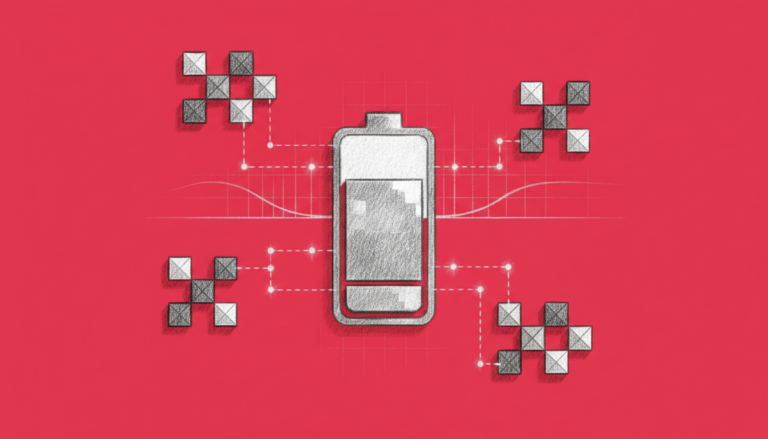South Korea's AI startup Upstage raises $45M, challenges giants with 30B-parameter model
South Korea’s AI startup Upstage has secured $45 million in new funding—approximately 300 million yuan—bringing its total raised capital to $157 million. The investment round included major backers such as Amazon and AMD, marking a significant milestone in the country’s growing ambitions in artificial intelligence. The company, led by CEO Sung Hun Kim, claims its latest model, Solar Pro 2, achieves performance on par with leading large language models from the U.S. and China, despite having only 30 billion parameters. “We used just 10% of the AI chips required by others to build a top-tier frontier model,” said Kim, who founded Upstage in 2020 after a 14-year tenure as an associate professor at the Hong Kong University of Science and Technology. A native of South Korea, Kim earned his PhD from the University of California, Santa Cruz, and previously served as CTO at Nara Vision Co. Ltd in South Korea. His academic profile shows a strong research impact, with an h-index of 58 on Google Scholar. The Solar Pro 2 model has been recognized by Artificial Analysis, an independent benchmarking organization, as a “frontier model”—a rare distinction for a non-U.S. or non-Chinese AI system. In the organization’s latest AI index, Solar Pro 2 outperformed models such as Anthropic’s Claude 3.7 Sonnet Thinking, DeepSeek’s V3, and OpenAI’s GPT-4.1, ranking just behind the world’s top-tier models. What makes Solar Pro 2 stand out is not its size but its efficiency. Despite having only 31 billion parameters—far below the 100 billion to 2 trillion parameters typical of leading models—Solar Pro 2 delivers competitive performance across multiple benchmarks. This achievement stems from Upstage’s proprietary training method called Depth-Up Scaling (DUS), which optimizes model performance by strategically adding and removing information layers during training. Unlike other scaling approaches such as Mixture-of-Experts (MOE), which require complex architectures and specialized training frameworks, DUS operates without additional modules like gate networks or dynamic expert selection. This allows the model to integrate seamlessly into existing training and inference pipelines while maintaining high efficiency. The method’s simplicity and effectiveness have made it the most cited paper by Kim. Solar Pro 2 excels in complex, real-world applications, particularly in finance, law, and healthcare. It has already been adopted by Samsung, Hanwha’s insurance subsidiary, and Intel. The company also reports that five major U.S. insurers are exploring its use for underwriting processes. In benchmark evaluations, Solar Pro 2 matched or surpassed GPT-4 and Claude 3 on the Ko-Arena-Hard-Auto test, a challenging benchmark for reasoning and robustness. It also leads in key Korean NLP benchmarks such as Ko-MMLU, Hae-Rae, and Ko-IFEval, demonstrating strong performance in translation, summarization, document understanding, and open-ended question answering. The model’s advanced reasoning capabilities shine in multi-step tasks, mathematical problem-solving, and code generation. It performs well on benchmarks like Math500, AIME, and SWE-Bench Agentless, proving its ability to handle complex, real-world reasoning and software engineering tasks. What’s more, Solar Pro 2 is designed to interact intelligently with external tools, enabling it to simulate human-like behavior such as autonomous decision-making, environment interaction, and task execution. This makes it suitable for applications requiring dynamic, context-aware responses. Kim believes Upstage’s success marks a turning point for South Korea in the global AI race. “For years, the U.S. and China dominated AI innovation,” he said. “Now, South Korea is back in the game.” With only a handful of countries—besides the U.S., China, France’s Mistral, and a few government-backed Middle Eastern initiatives—developing frontier models, Upstage’s progress signals a shift in the global AI landscape. Looking ahead, Upstage plans to launch a 100-billion-parameter model within the next year, further expanding its capabilities. The company’s journey reflects not just technological innovation but also the growing influence of Korean researchers on the global AI stage.
